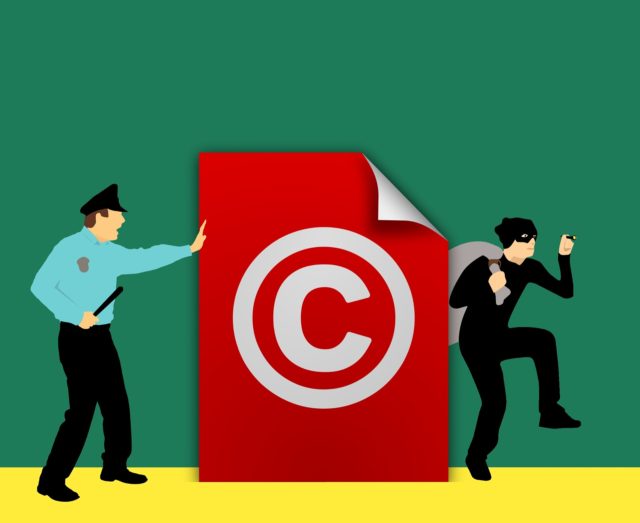Struggling streaming platform to launch new subscription tier for ad-lovers
Tudum! Netflix is fiercely beating its iconic drum for an ads-supported subscription tier in an anxious bid to turn back time to its glorious mid-pandemic peak. Swiftly on the heels of Disney+’s analogous announcement this March, Netflix founder and co-CEO Reed Hastings doubled down on this new direction during their Q1 earnings briefing.
Just What Happened To: “No advertising coming onto Netflix. Period.”
Just seven years ago, Hastings wanted “none of the controversy around exploiting users with advertising”. Around that time, competing streaming platform Hulu had boldly rolled out a cheaper tier for ad-tolerant consumers. So what has markedly turned for the worse since?
In all fairness, Netflix is still the leading streamer. It pulls roughly 25% of market share in digital entertainment. However, their subscriber numbers are gradually slipping away – by almost 2% compared to the previous quarter.
Meanwhile, Apple TV+ was quick to absorb those consumers dissatisfied with the former’s algorithmic roster and sharp decline in quality. Equally rising is the number of employees and shows abruptly slashed owing to the whimsical arbitrariness of “overstaffed division executives” – each of whom are inundated by tens of flailing in-house content.

But more importantly, Hastings has vowed to crack down on “password sharing” among friends and families, whose numbers are edging over 100 million.
Ad-Supported Streaming Is The Only Way Forward
Netflix first reared its head back in 1997 as a mail-based rental business. Expeditiously expanding against established (now-defunct) competitor Blockbuster, Hastings’ call for streaming booms in early-2007 ultimately marked its dominance today.
By attracting the best talent with the promise of free rein, hit in-house titles like Squid Game, Kingdom and Stranger Things have helped Netflix amass a truly global fandom.
Yet the much-anticipated release of Stranger Things Season 4 did very little to stem nosediving stock prices. Amidst growing concerns among investors, content creators too are bristling in anger directed at management.
Unfortunately, many promising blockbuster reboot series, including She’s Gotta Have It and The Baby-Sitters Club, were shockingly cancelled despite glowing reviews in recent years. Plus, it apparently takes two and a half years – on average – for the next season to come out.
“Netflix has one massive advantage in that it can create its own IP and control its distribution. The company is massively undervaluing this aspect and failing to capitalise on it,” a Redditor-cum-ex-insider of now-erased Netflix Animation tells SPG. “They’re very risk averse for a tech company. I think we might see them tank a bit and then put out some really tight content. Either that or they’ll fold.”
Are Ads Successful Business Models For Streaming Platforms?
Netflix is the last of the big streaming platforms to offer this alternative subscription option. Hence this isn’t such surprising news after all. And in fact, in 2018, Netflix experimented with ads to selected viewers for a brief spell. Though this control group responded badly, citing ads defeated the whole point of paid subscription.
But perhaps the (hopefully) increased revenue will lead to “bigger, better, fewer” – to quote Netflix’ new slogan – smash hits if profits are indeed reinvested in more tightly managed films.





